ConcertoNet
Ludwig van Beethoven and Salman Rushdie were at the center of a concert by the always-inventive American String Quartet last night. With an unusual synchronicity, the audience at the Morgan Library heard words music from the musician and the writer, as well as the composer and the artists.
Though not exactly. Beethoven’s own words were narrated by composer Paul Cantelon before the Opus 130 String Quartet and prior to the Cavatina, and Grosse Fuge, which had been composed for that same work. The great writer–and most mellifluous speaker–Salman Rushdie, gave six relatively lengthy excerpts from The Enchantress of Florence, the book which inspired Mr. Cantelon himself to compose six musical commentaries on the book for string quartet.
If nothing else, this program for a series called “Composers Now” employed a balance of composers, performers and writers in sync.
But over its four decades on the musical stage, since graduating from Juilliard, the American String Quartet has frequently complemented its splendid playing with programs of utmost originality. They don’t have the ground-blazing reputation of Kronos (and now its multitude of imitators) for introducing new works from countries around the globe. Rather, they compare and balance, present new works, hold festivals on “Beethoven the Contemporary” or “Mozart’s Viola Quintets”.
And last night, they not only introduced a new work, but had the honor of working with Mr. Rushdie himself, for whom the work was written.
How did this pan out? One must start with the ending work, Beethoven’s “complete” Opus 130. It was frankly a gorgeous performance. The American Quartet, when necessary, can produce a rich and mellow tone quality, the finesse of experience. Here, though–possibly in respect to the preceding reading from the Heiligenstadt Testament–we had a biting Quartet, an exciting first movement, and a electrifying Presto. Could the German Dance have been a bit more...er, German? Possibly, but this was still a magnetic opening.
One couldn’t fault the idea of another reading (from the famed “Immortal Beloved” letter), since Beethoven himself changed the original Opus 130 and gave us his Great Fugue later.
And this is where the American Quartet became a living, breathing musical animal.
In fact, one soon forgot the incredible difficulties, the insanity of the counterpoint. Instead, the American Quartet gave us a brash argument of players, a testament to storms and struggles. Not Beethoven’s Sturm und Drang, which had become almost ritualistic. But a spiritual terror and triumph.
Mahler took more than an hour to give ask the same questions. In 25 minutes, the American Quartet gave us Beethoven’s questions and replies in a fervent impassioned performance.
The equivalent of Beethoven was Salman Rushdie. Not spiritually (not yet), but in offering creations which are dense, innovative, inspired and written by an artist who is also a craftsman.
(...)
